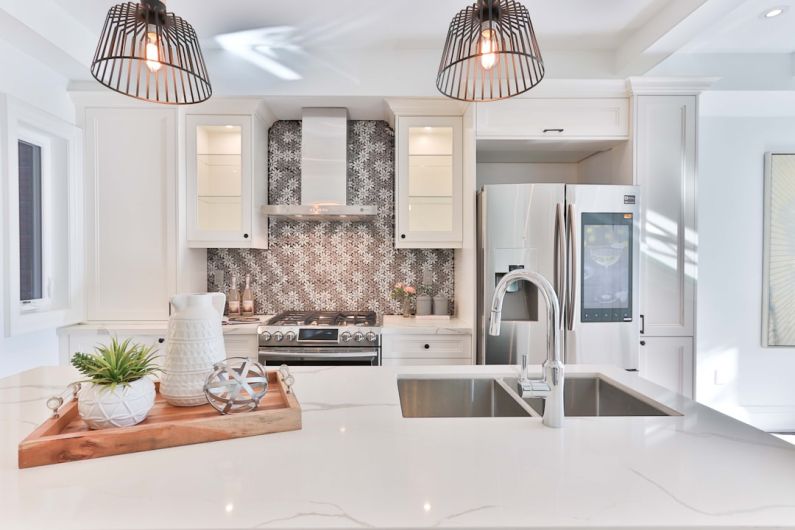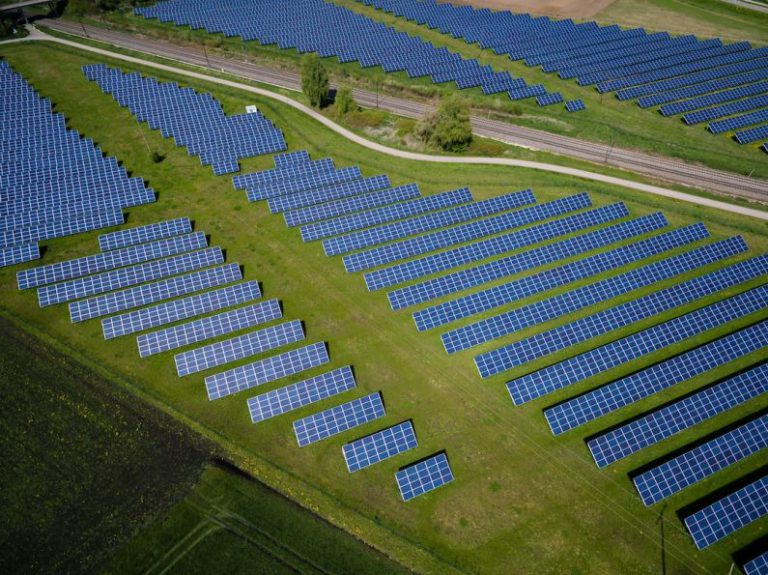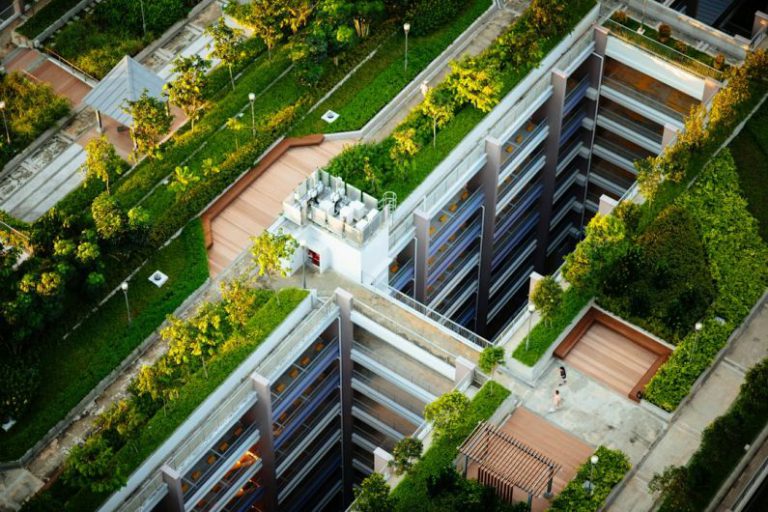How to Create a Zero Waste Home?
Living a zero waste lifestyle has become a popular choice for those who are looking to reduce their impact on the environment. By adopting a zero waste approach, individuals can minimize the amount of waste they produce and contribute to a more sustainable future. Creating a zero waste home is an effective way to start embracing this lifestyle. In this article, we will explore some practical tips and strategies to help you create a zero waste home.
Assess Your Waste
Before embarking on your zero waste journey, it’s important to assess your current waste habits. Take a look at what you are throwing away and identify areas where you can make improvements. This will give you a starting point and allow you to set specific goals for reducing waste in your home.
Adopt the 5 R’s
The 5 R’s – Refuse, Reduce, Reuse, Recycle, and Rot – are the guiding principles of a zero waste lifestyle. By incorporating these principles into your daily routine, you can significantly reduce waste.
Refuse: Say no to single-use items such as plastic bags, straws, and disposable cutlery. Opt for reusable alternatives instead.
Reduce: Minimize your consumption by buying only what you need. Avoid impulse purchases and choose products with minimal packaging.
Reuse: Embrace the concept of reuse by finding creative ways to give new life to items that would otherwise be thrown away. Repurpose glass jars as storage containers or use old t-shirts as cleaning rags.
Recycle: When it comes to recycling, it’s important to understand the recycling guidelines in your area. Make sure to properly sort and clean recyclable materials before placing them in the recycling bin.
Rot: Composting is a great way to divert organic waste from the landfill. Set up a compost bin in your backyard or explore community composting options in your area.
Embrace Minimalism
Adopting a minimalist mindset goes hand in hand with creating a zero waste home. Focus on decluttering your space and only keep items that serve a purpose or bring you joy. By owning fewer possessions, you’ll not only reduce waste but also free up space and simplify your life.
Make Sustainable Choices
When it comes to purchasing new items, opt for sustainable alternatives. Look for products made from natural and renewable materials, such as bamboo or organic cotton. Consider investing in high-quality items that are built to last, rather than cheaply made disposable products.
Ditch Single-Use Plastics
Single-use plastics are a major contributor to waste and pollution. Take steps to eliminate them from your home. Replace plastic water bottles with reusable ones, use cloth bags instead of plastic ones for shopping, and choose biodegradable or reusable alternatives for food storage and wrapping.
Shop in Bulk and Bring Your Own Containers
Shopping in bulk not only reduces packaging waste but also saves money in the long run. Look for stores that offer bulk options for items such as grains, nuts, and cleaning supplies. Bring your own reusable containers and bags to fill up, avoiding the need for single-use packaging.
Educate Yourself
Stay informed about waste management practices and sustainable living. Read books, follow zero waste blogs, and join online communities to learn from others and share your experiences. The more knowledge you have, the better equipped you will be to make informed choices and inspire others to join the zero waste movement.
Creating a zero waste home is a journey that requires commitment and persistence. By adopting the 5 R’s, embracing minimalism, making sustainable choices, and staying informed, you can make a positive impact on the environment and inspire others to do the same. Start small, take it one step at a time, and celebrate every achievement along the way. A zero waste home is not only good for the planet but also for your overall well-being.






